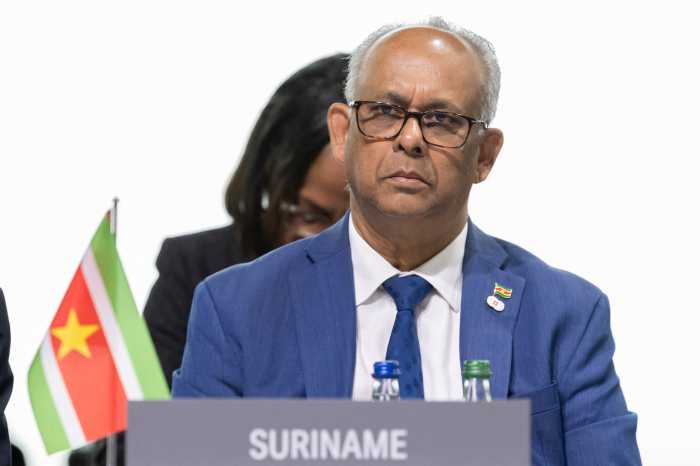With their banana and sugar export industries having collapsed and revenues from tourism fluctuating yearly, the governments of the Eastern Caribbean sub grouping have been looking for additional ways to bring in state revenues.
Revenues have also declined because of their membership in the 15-nation single market free trade system, meaning that goods manufactured in the region enter ports largely duty free so little or no taxes are levied.
The result is that most of the independent nations in the nine-nation sub region have turned to selling citizenship and local passports for a fee to supplement revenue shortfalls from the disappearance of banana and sugar.
But the highly lucrative Citizenship by Investment Program (CIP) came under unprecedented scrutiny recently when CBS’s award-winning 60 Minutes program aimed an extensive investigative piece on the scheme.
The conclusion from weeks of investigative work basically indicated that these small island nations lack the capacity to properly investigate the backgrounds of applicants, particularly those from flashpoint countries or regions such as the Middle East.
As the program was being aired, many in government in St. Kitts, Antigua, Dominica, Grenada, and St. Lucia shook their heads in frustration knowing that such global publicity will obviously cast a negative spotlight on a revenue scheme and bring unwanted attention to it. The current administration in St. Vincent has vowed never to involve inself in the CIP despite the demise of banana and fluctuating income from tourism as it looks down on any dollar scheme for local citizenship and passport priviliges.
Critics say that the fact that applicants from around the globe do not even have to set foot on Dominica for example, might have triggered alarm bells for the CIP just as the Trump Administration is coming into office with its avowed anti-immigrant rhetoric and as similarly negative sentiments are sweeping through Europe, through Germany and the United Kingdom in particular.
Anticipating the possibility of increased pressure from western nations, governments are tacting to circumstances and looking for new ways of making the program credible and above board.
This week, the head of one of the world’s leading citizenship advisory groups struck the first blow to ensure that the program survives for his clients, mostly Caribbean governments and the applicants the firm brings to them.
Chairman of Henley & Partners Christian H. Kalin is now suggesting that governments should turn to the regional intelligence system to help authorities properly scrutinize applicants and ensure the future and longevity of the CIP.
“There should definitely not be any competing on that level but rather the Caribbean should strive to adopt common standards, such as ensuring each application is vetted and approved from the Joint Regional Communications Centre,” he said.
The Antigua Observer reported the firm credited with pushing the scheme as saying that this should be the preferred route as the Trinidad-based body handles areas such as “the identification of and monitoring the movements of persons of interest, including those who may be a high security threat to the safety and security of the region.” The intelligence agency also has expertise relating “to assisting regional law enforcement personnel in the detection of persons who are travelling with stolen, lost and fraudulent travel documents.”
There has been no reaction from officialdom to the suggestion but the issue could make the agenda of next month’s mid-term summit of Caribbean leaders in Guyana in four weeks time.
This might be so especially because of the 60 Minutes airing and the importance of the scheme to the economic survival of the sub grouping. The JRCC is one of the many subordinate agencies of the CARICOM Implementing Agency for Crime and Security (IMPACS).

























